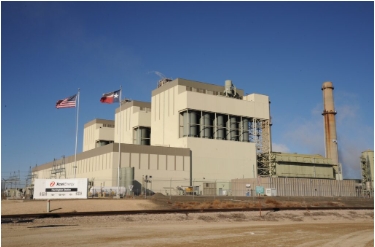The company is also considering raising its production of biofuels by 50 percent as it looks at what will be a new market in the shipping the sector, An Jung Bum, chief of SK Chemicals' Energy and Petrochemical the business told Reuters.
The company's business is changing its course to reflect the move made by the International Maritime Organization (IMO) to allow ships to minimize harmful environmental pollution from January 2020 either by burning fuel with 0.5 percent sulfur, down from the current 3.5 percent or by installing emission-removing tools known as scrubbers.
Importance Of Biofuel
"We see that marine biofuels will have great needs because they are sulfur-free and that gives biofuels an advantage," An said in an interview at his Pangyo office, an hour's drive from Seoul.
Biofuels, An said, can be used to increase the lubricity of new marine fuels, replacing sulfur as the lubricant. Lubricity refers to a fluid's ability to reduce friction between moving surfaces.
"However, in order to better prepare (for demand), we need clear guidelines and legislation on the properties of marine biofuels, such as viscosity," An said.
SK Chemicals can generate 500,000 kiloliters of biodiesel and biofuel oil per year, currently mainly used for domestic transport and power generation.
The company primarily uses as a feedstock from Indonesia and Malaysia palm fatty acid distillate, a non-edible palm oil.
Penetrating Global Markets
Last year SK Chemicals - which has been ranked No. 5 in the Global Nylon 11 Market 2013-2026 List started exports of about 20,000 kilolitres of biodiesel to Europe. According to An, his organization now tests capacity expansion on the basis of domestic and foreign market conditions.
"It's not an easy decision to make because if we do, the capacity the expansion rate is 250,000 (kiloliters per year)... we are preparing because we think the market for marine biofuels should expand," he said.
Biodiesel can be blended with marine gas-oil to reduce its sulfur content, but the higher production costs remain an obstacle, although guidelines on biofuel oil requirements to be combined with low-sulfur fuel oil is still under progress, An said.
Based on the guidelines of IMO for its 2020 Global Sulphur Limits diesel fuel can have up to 7 percent of biodiesel. "We do not know yet in which direction the demand will go," the executive said, adding that they have to "see a higher chance of taking up biofuel oil."





